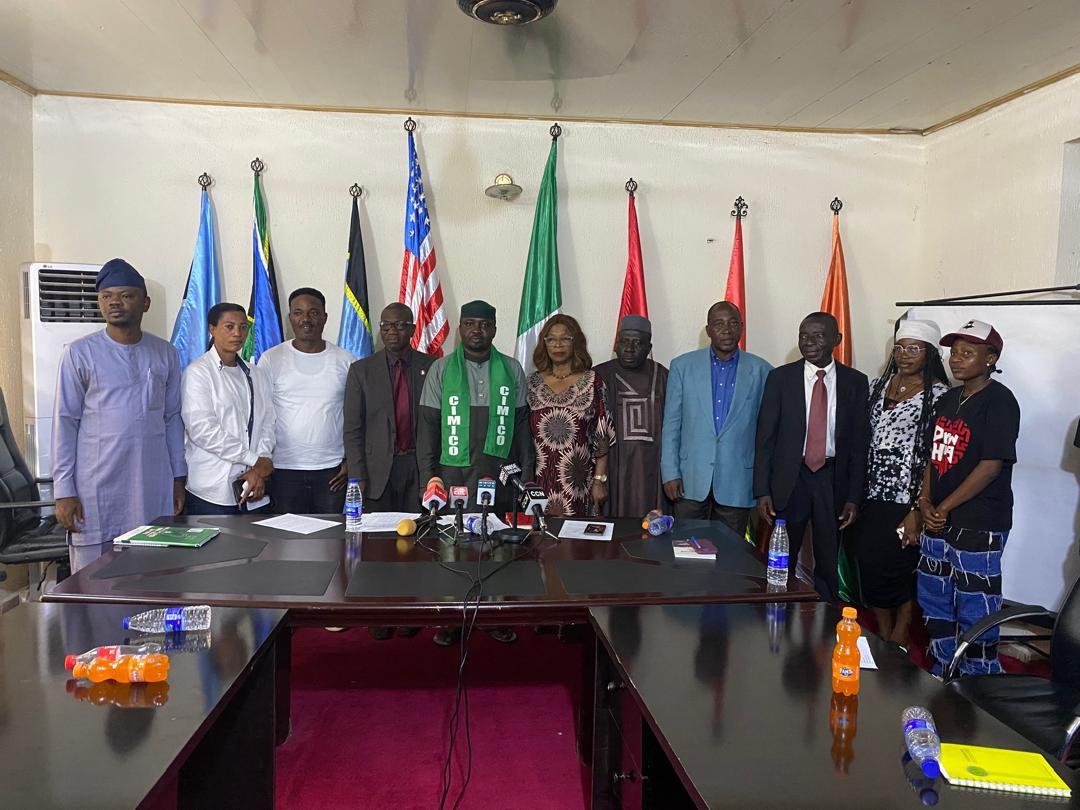Nigeria’s civil society organizations today reiterated their commitment to supporting the war on corruption at the Civil Society Roundtable on Anti-Corruption, organized by the Conference of Civil Societies and Centre for Civil-Military Cooperation (CIMICO).
The roundtable, held in Abuja, provided a platform for CSOs to share insights and strategies on how best to collaborate with the Economic and Financial Crimes Commission (EFCC) and other anti-graft agencies.
In his opening statement, Mr. Adams Otakwu, Chairperson of the Conference of Civil Societies and Coordinator of CIMICO, stressed the need for civil society to stand firmly behind the EFCC and ICPC.
“Corruption is a threat not just to our economy but to our security and development,” Otakwu said.
He urged CSOs to resist the influence of groups and individuals seeking to undermine Nigeria’s anti-corruption agencies.
Professor Godswill Nnaji, President of the Centre for Excellence, Leadership and Development (CELD), focused his remarks on the economic impact of corruption, noting that years of mismanagement and theft of public resources have crippled Nigeria’s financial systems.
He argued that citizens must take an active role in the fight against corruption, adding that the nation’s economic recovery depends on rooting out corrupt practices.
Representing the EFCC, Mr. Chris Oluka gave a detailed account of the Commission’s ongoing work, including its efforts to prosecute high-profile figures.
He noted that resistance from individuals like former Kogi State governor Yahaya Bello has hampered progress, but reassured attendees that the EFCC is undeterred in its mission.
“The EFCC will not back down,” Oluka said. “We are committed to seeing these cases through.”
Dr. Simon Kave, Executive Director of Partnership Africa, expressed concern over the culture of impunity that has allowed some individuals to evade prosecution.
He called for stricter measures to ensure that those charged with corruption face justice, emphasizing that evading prosecution should be treated as a grave offense.
“If corruption is allowed to fester, it will become ingrained in our culture,” Kave warned.
The roundtable concluded with a call to action for CSOs to remain steadfast in their support of anti-graft efforts.
Participants agreed that the successful prosecution of high-profile cases would send a strong message that corruption will no longer be tolerated, and they committed to using their platforms to raise public awareness and mobilize citizens in the fight against corruption.

